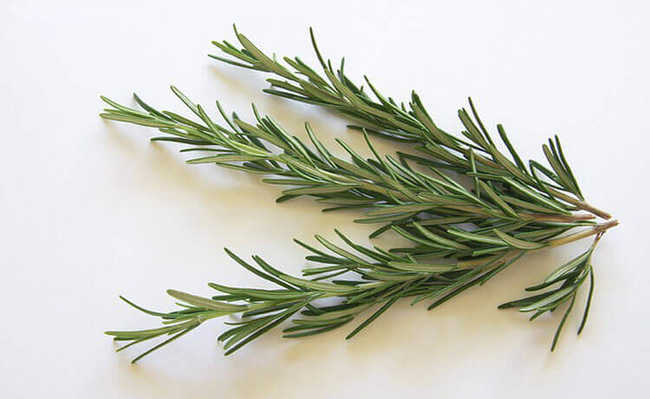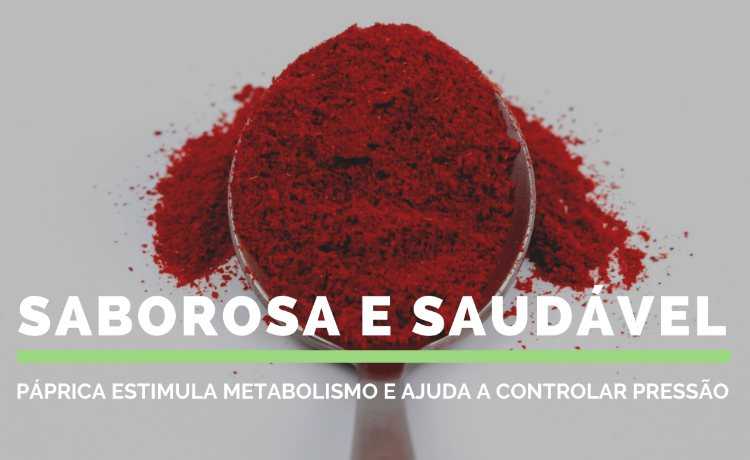Rosemary: benefits and what it is for
Learn about the benefits of rosemary, what it is for and how to make your tea

Edited and resized image from Alekon pictures is available on Unsplash
the rosemary
Rosmarinus officinalis (Latin: ros = dew; marinus = sea), known as rosemary or garden rosemary, is a species originating in the Mediterranean region and well known in Brazil. Who has never heard the song “Golden Rosemary”?
For hundreds of years in Europe, rosemary has been associated with memory. In Shakespeare's play Hamlet (Act IV, scene 5), Ophelia shows a bunch of rosemary to her brother Laertes and says: “There is a rosemary, it is for remembrance; Pray, love and remember...”.
With narrow, pointed leaves and woody stem, it has blue flowers and a shrub shape (which can reach two meters in height), the rosemary is considered a plant of the family Lamiaceae, like mint, lavender and oregano.
- The Amazing Benefits of Lavender
- Oregano: six proven benefits
- Oregano essential oil: applications and benefits
rosemary tea
Rosemary tea is the most common method of consuming the herb. In addition to the aroma, the taste also pleases many people. Anvisa presents the following recipe as a guideline for preparing rosemary by infusion:- 2 grams of dried rosemary leaves
- 150 ml of water
- take 15 minutes after preparation
- 3 to 4 times between meals
- Rosemary tea: what is it for?
Benefits

Image by Lebensmittelphotos by Pixabay
Rosemary has several chemical compounds (such as carnosol and carnosic acid), which have antioxidant, relaxing, aroma and flavor actions. The pharmacological actions present in rosemary can activate peripheral circulation and act as an anti-inflammatory. Therefore, rosemary has different uses, from food to tumor growth inhibition.
cancer prevention
Studies show that rosemary extracts can prevent the replication of cancer cells, thus inhibiting tumor growth.
Effect on memory
Other studies have shown some influence of rosemary essential oil on memory. It was observed that volunteers, when exposed to the aroma of rosemary essential oil, performed significantly better in a memory test.
- What is rosemary essential oil for?
The most common forms used are naturally, in tea, powder, extract and essential oil. Among its beneficial uses are:
- Condiment in food;
- preservative in cosmetics and food;
- Muscle relaxant;
- Hair growth;
- Soothing (helps control anxiety and depression);
- Improved memory performance;
- Improves digestive health.
- How to make hair grow fast and naturally
- Home-style and natural anxiety remedies
Despite being used for different purposes, some properties are still not explained and fully proven by science. Studies are still carried out on some properties and their possible uses and toxicities.
toxicity

Hans Braxmeier image by Pixabay
Since ancient times, plants have been used for medicinal purposes such as healing, preventing disease or treating symptoms. Currently, in Brazil, the use of herbs with medicinal effects is increasingly popular, however, for the most part, without any medical advice. However, it is good to remember that just because a product is natural, it is not completely safe. Rosemary, for example, has some contraindications. Some plants and natural resources have compounds that, depending on the frequency and amount used, can cause damage to health and be quite dangerous.
Rosemary is no exception and there are levels of consumption that can make it toxic to health.
Allergic reaction
Some people can get skin irritations when they come in contact with rosemary.
abortive effect
Some people associate rosemary consumption with abortion. Research done with rosemary extract in rats showed the embryotoxic effect, causing abortion.
Diuretic effect
Other researches claim that the consumption of rosemary can cause a diuretic effect, thus increasing the risk of dehydration and altering the concentration of lithium in the body, which can reach toxic levels. At doses above those recommended, it can cause nephritis (inflammatory kidney disease) and gastrointestinal disturbances.
Therefore, rosemary is not indicated for pregnant women, people with allergic reactions or with hypersensitivity to rosemary, gastroenteritis and with a history of seizures. Like everything else in nature, rosemary has its pros and cons, but don't despair! Moderate and conscious consumption can bring many benefits, not reaching its toxic levels. Use as a food seasoning is considered safe.
- Also know "How to plant rosemary?" and have your own little foot at home.
Fights candidiasis biofilms
A study carried out by the Federal University of Pelotas showed that rosemary can be used to control biofilm and, thus, candidiasis and other oral infections.
Biofilms are organized biological structures, where microorganisms form structured, coordinated and functional communities. Fungal biofilms have stood out due to their high pathogenic capacity, with emphasis on biofilms formed by Candida albicans. According to the literature, the Candida albicans it is the main species involved in the formation of dental biofilm, which leads to severe candidiasis, stomatitis, gingivitis and other oral infections.
By testing some formulations, the research concluded that rosemary extracts were effective in controlling biofilm and can become an alternative in the prophylaxis and elimination of biofilm caused by Candida albicans.










